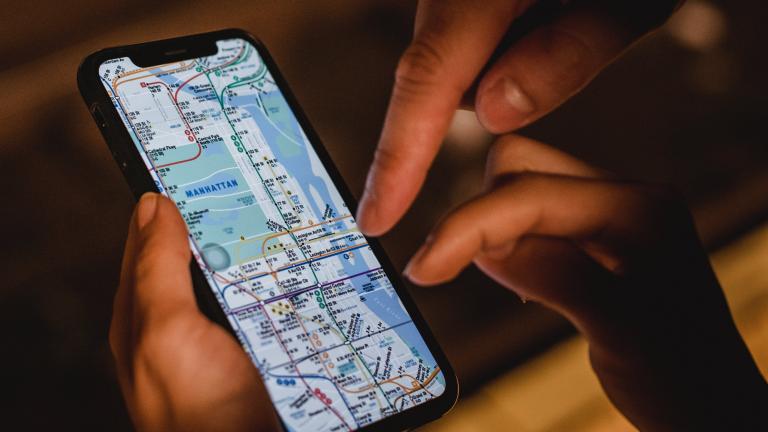Leading Digital Equality for Refugees and the Elderly

During the pandemic, the loneliness and social isolation of seniors doubled, while refugees and youth were the first to lose employment opportunities. Simultaneously, the adoption of technology increased dramatically, and the desire to keep in touch with our loved ones became a matter of primary necessity. The United Way network in Germany, Israel, the Netherlands, Romania, Spain and the UK are using technology to connect refugees, migrants, vulnerable youth or people with COVID-19-related mental health issues with lonely seniors.
The initiative, Joining Forces, is a partnership with the Internet Society Foundation and Tech Soup. It combats the loneliness and isolation of the elderly and promotes the social inclusion of refugees and migrants through an intercultural, intergenerational and technological experience.
Overall, 1,021 volunteers have assisted 1,867 seniors across the region. After 34,000 hours of intervention, mental health has improved for those involved through intergenerational connections. In Romania, Florentina, who is 19, was partnered with an elderly woman. She says, "The relationship with Mrs. Vasilica is very beautiful, and it helped me to better understand the elderly. Now I'm not afraid anymore to talk to the old people in front of my apartment building, ask them how they're doing, how they're feeling or if they need anything." Refugees and migrants were able to practice the language of their adoptive country, bringing a better understanding of cultural norms.
The partnerships also supported seniors learning everyday ITC skills. Mimi, 72, says, "I read a book on a tablet for the first time! I received advice on WhatsApp, placed product orders, downloaded and played games. This all brought me real joy and filled my lonely moments. The internet became like a medicine for me." Youth and people with mental health challenges connected regularly with seniors, exercised patience and helped them deal with technology.
The Joining Forces initiative is a pathway to digital equality. According to the Internet Society, "Two-thirds of the world’s population uses the internet, but 2.7 billion people remain offline. This means that one in three people cannot benefit from the economic, educational, political, social and health potential of being connected." United Ways are promoting connectivity and amplifying access to the opportunities it presents.